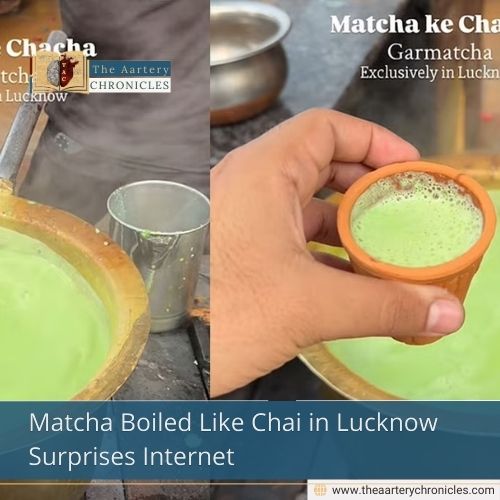

New study exposes truth of India’s antibiotic crisis
A new study published in Science Advances sheds light on why antibiotic overuse in India remains a major challenge, especially in treating children with diarrhoea. Surprisingly, the problem is not because healthcare providers don’t know enough. Instead, it stems from their mistaken belief that patients expect antibiotics, even when they are not needed.
What the Research Found
The study, carried out by researchers from India and the United States, evaluated over 2,000 visits by trained undercover “standardised patients” to 2,282 healthcare providers across 253 towns in Karnataka and Bihar.
The results were striking:
- 70% of providers prescribed antibiotics for childhood diarrhoea, even though most cases are viral and do not require such treatment.
- Among providers who clearly knew that antibiotics were inappropriate, 62% still prescribed them anyway.
This highlights what the researchers call a “know-do gap”—a situation where providers’ actual practices differ sharply from their medical knowledge.
Misconceptions About Patient Expectations
Interestingly, the study found that providers’ decisions were not significantly influenced by money, the availability of medicines like ORS, or even stock shortages. Instead, the strongest factor was perception.
Many doctors, pharmacists, and rural practitioners wrongly assumed that patients prefer or expect antibiotics. However, when tested in a discrete choice experiment, patients showed no preference for providers who prescribed antibiotics.
This gap between what providers think patients want and what patients actually value is a key driver of antibiotic overuse in India.
Who Is Prescribing?
The study sample included a diverse mix of practitioners:
- 20%MBB S-qualified doctors
- 37% AYUSH practitioners
- 21% rural medical practitioners
- 22% pharmacists
On average, these providers were 44 years old and had nearly two decades of experience. The know-do gap was most pronounced among less-trained groups such as pharmacists and rural practitioners, who were far more likely to overprescribe.
Why This Matters
Globally, antimicrobial resistance is already a deadly threat, contributing to 5 million deaths every year. In India alone, more than half a billion private-sector antibiotic prescriptions are written annually. Overuse in conditions like childhood diarrhoea not only fails to benefit patients but also fuels resistance, making future infections harder and more expensive to treat.
Conclusion
According to the researchers, traditional approaches such as simply giving providers more training or medical information may not be enough. Since knowledge gaps account for only a small portion of the problem, the bigger solution lies in correcting providers’ misconceptions about patient expectations.
“Addressing these misperceptions may prove far more effective than standard awareness campaigns,” the study concludes, pointing to the urgent need for policy interventions tailored to behavioural drivers rather than just clinical knowledge.
Source: Inputs from various media Sources
I’m a pharmacist with a strong background in health sciences. I hold a BSc from Delhi University and a pharmacy degree from PDM University. I write articles and daily health news while interviewing doctors to bring you the latest insights. In my free time, you’ll find me at the gym or lost in a sci-fi novel.
- Priya Bairagi
- Health News and Updates,People Forum
- 13 September 2025
- 13:00








